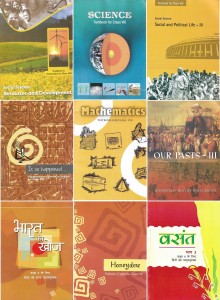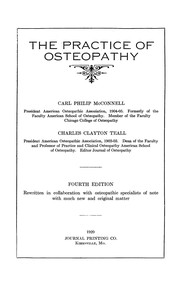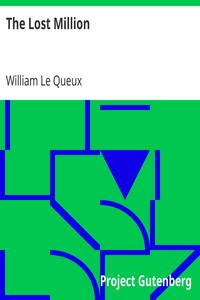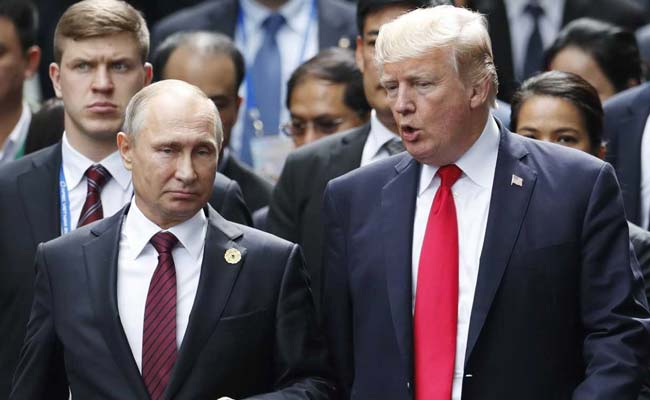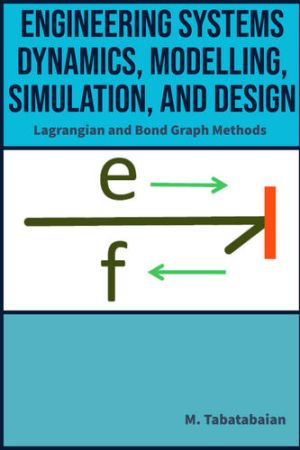OpenAI Tells Delhi High Court ChatGPT Data Removal will Breach US Legal Obligations
The Microsoft-backed AI firm also said that it was not within the jurisdiction of Indian courts to hear a copyright breach case brought by local news agency ANI as OpenAI had no presence in the country.

OpenAI has told an Indian court that any order to remove training data powering its ChatGPT service would be inconsistent with its legal obligations in the United States, according to a recent filing seen by Reuters.
The Microsoft-backed AI firm also said that it was not within the jurisdiction of Indian courts to hear a copyright breach case brought by local news agency ANI as OpenAI had no presence in the country.
In the most high-profile and closely-tracked lawsuit on AI use in India, ANI sued OpenAI in Delhi in November, accusing it of using the news agency's published content without permission to train ChatGPT.
OpenAI responded to the lawsuit, which is also seeking the deletion of ANI's data already stored by ChatGPT, in an 86-page filing at the Delhi High Court dated January 10 which has not previously been reported.
OpenAI and other firms have faced a wave of similar lawsuits from prominent copyright owners over alleged misuse of their work to train AI models, including a case brought by the New York Times against OpenAI in the United States.
OpenAI has repeatedly denied the allegations, saying its AI systems make fair use of publicly available data.
During a November hearing, OpenAI told the Delhi court it would not use ANI's content anymore but the news agency argued its published works were stored in ChatGPT's memory and should be deleted.
In the January 10 submission, OpenAI said that it is currently defending litigation in the United States concerning the data on which its models have been trained, with laws there requiring it to preserve the data while hearings are pending.
OpenAI "is therefore under a legal obligation, under the laws of the United States to preserve, and not delete, the said training data", it said.
OpenAI did not respond to a request for comment.
In its submission, OpenAI also said the relief being claimed by ANI was not subject to the processes of Indian courts and was beyond their jurisdiction.
The company has "no office or permanent establishment in India ... the servers on which (ChatGPT) stores its training data are similarly situated outside of India".
ANI, in which Reuters holds a 26 percent interest, in a statement said that it believes the Delhi court has jurisdiction to decide on the matter, and it would file a detailed response.
A Reuters spokesperson did not respond immediately to a request for comment but the agency in November said it was not involved in ANI's business practices or operations.
The New Delhi court is due to hear the case on January 28.
OpenAI has been gearing up to transition from a non-profit enterprise into a for-profit business as it looks to capture even more funding to stay ahead in the costly AI race after raising $6.6 billion last year.
In recent months, it has signed deals with Time magazine, the Financial Times, Business Insider-owner Axel Springer, France's Le Monde and Spain's Prisa Media to display content.
ANI has also said it is concerned about unfair competition given OpenAI's commercial partnerships with other news organisations, and has told the court that in response to user prompts, ChatGPT reproduced verbatim or substantially similar extracts of ANI's works.
In its rebuttal submission, OpenAI argues that ANI "has sought to use verbatim extracts of its own article as a prompt, in an attempt to manipulate ChatGPT".
© Thomson Reuters 2025












)
